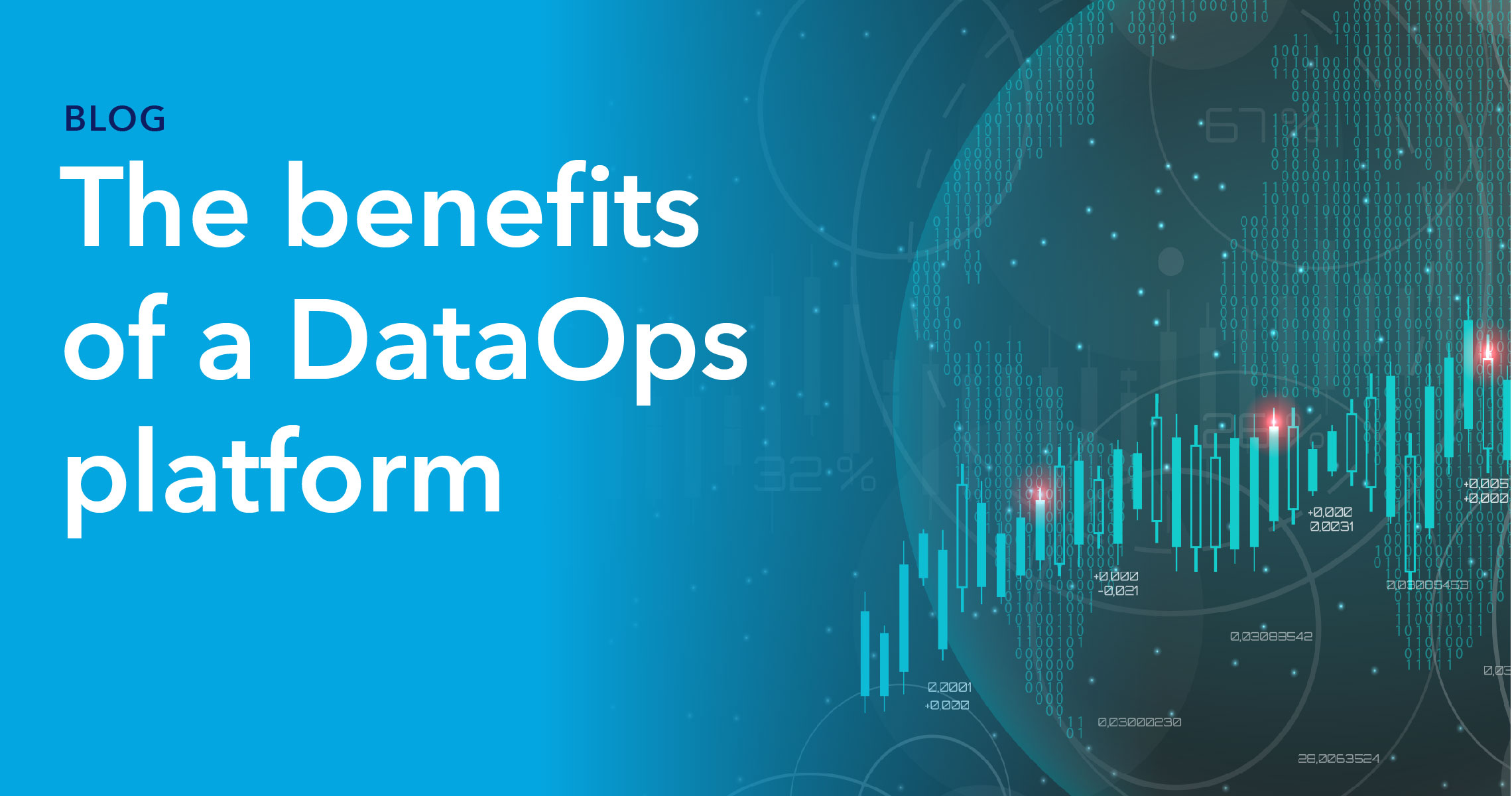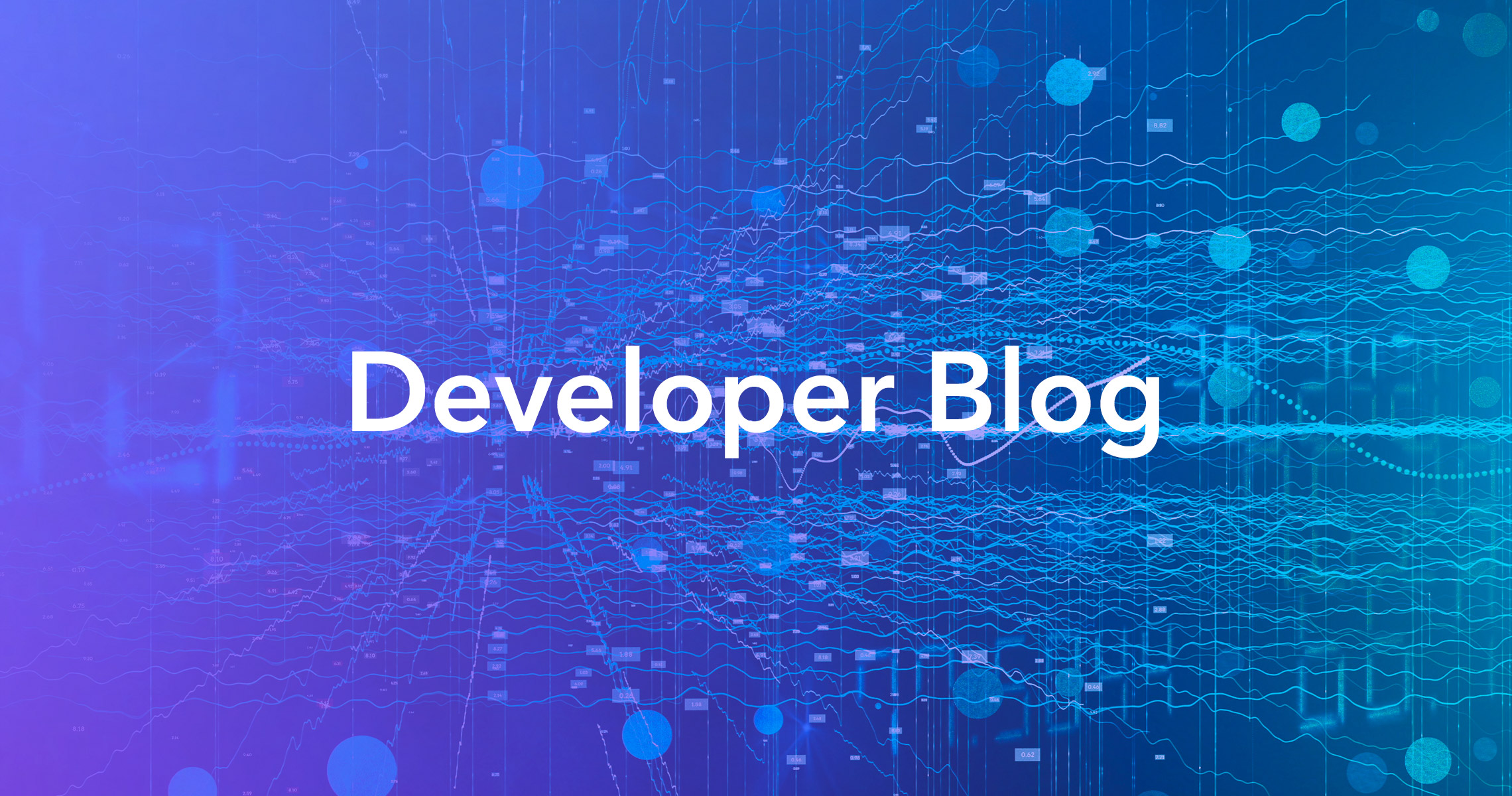What are the benefits of a DataOps platform? As you can see in one of our videos, DataOps allows an organization to integrate vast numbers of data collection points into a system that processes and delivers insights to the teams and decision-makers who need them. However, the innovation and benefits DataOps delivers face a number of friction points and challenges that can prevent DataOps functions from fully maximizing the value they can deliver.
Here are a few common challenges facing DataOps teams:
- Complex data swamps: Research from the Business of Data showed that 61% of organizations ingested either 1,000s or 10,000s of data sources into their data stores. Without an effective DataOps function, this amount of data can quickly turn into an impenetrable data swamp that significantly slows down all other data operations.
- Slow data migrations: Data cleaning and ETL processes that bring together data from multiple locations can be time-consuming. This is the antithesis of the DataOps Agile approach, which calls for rapid turnaround of data from collection to processing and back to front-line teams.
- Technical barriers: To be fully effective, DataOps needs to leverage technologies such as machine learning and data virtualization. Unfortunately, the lack of investment and reliance on legacy data management systems can result in a major disconnect between DataOps expectations and its capacity to deliver.
- Regulatory compliance: There are a growing number of data security regulations around the world. These introduce significant organizational risk around data usage and storage, meaning that DataOps must also be responsible for setting and enforcing data governance protocols.
- Data collaboration: Data sharing and collaboration with external partners can deliver excellent value and give an organization access to vast amounts of data they wouldn’t have otherwise. However, there are a number of difficulties DataOps teams face in creating secure execution environments that can deliver value while overcoming these data security issues.
- Coherent and uniform data lineage: Enterprise metadata catalogs allow data scientists to efficiently store data so that it can easily be located later. This creates a data lineage that also enables data auditing and full tracking of data assets throughout their lifecycle. However, without ensuring uniform metadata input and automatic recording of changes in a metadata log, these metadata catalogs become more of a strain on DataOps resources than a benefit.
What is a DataOps platform?
A DataOps platform is a lightweight data management architecture that combines several features, including data virtualization, data governance tools, and secure execution environments for querying and sharing data. The data virtualization aspect of a DataOps platform creates a secure, interoperable layer between all an organization’s data storage locations and processing functions. Fortunately, a DataOps platform enables teams to overcome many of the challenges discussed above.
How a DataOps platform can help DataOps
A DataOps platform provides data scientists and administrators with a number of tools in a centralized location. These tools allow them to deploy Agile DataOps methodologies across the entirety of an organization’s data processes. Here’s how:
- Speed of access: Since a DataOps platform delivers virtualized data from wherever it is stored, there is no need for long migration or ETL processes. Whoever needs this data can access it instantly, no matter where it’s stored. This also applies to instantly composable datasets for downstream users, meaning data requests can be immediately addressed and provided to the teams that need them.
- Drop-in infrastructure: A DataOps platform, such as Intertrust Platform, can be deployed virtually straight away as it simply sits over current data assets and storage. This significantly reduces both the long lead-in times for planning and implementing data management architecture as well as the costs of it, giving an improved TCO.
- Compliance tools: Observing laws regarding data usage, safety, and consent can mean different datasets contain different permissions and have varying applications for which they can be used. Data also needs to be identified for destruction at the end of its lifecycle. A DataOps platform gives data admins the power to enforce governance controls down to row and column level to ensure regulatory compliance for all jurisdictions the organization operates in.
- Secure collaboration: Data exchanges and data combining for collaborative use require strict control mechanisms to prevent leakage and data breaches. A DataOps platform delivers this by creating secure execution environments for secure collaboration, giving all participating parties peace of mind. Rules can be set on exactly what can be done with the data and by whom. Plus, there is never any physical sharing of the data; it never leaves the original owner’s control.
- Metadata catalogs: A DataOps platform gives teams easy control over their metadata by providing tools that automatically update a data asset’s metadata information as soon it is ingested or altered. This constant tracking and monitoring of data through its metadata also means data auditing investigations can quickly discover leaks and assess the vulnerability of an asset.
Intertrust Platform can help
An effective DataOps team ingests, processes, and delivers data insights to teams that need them with speed. By removing the need for data migrations and slow ETL processes and allowing data to be easily located and accessed no matter where it’s stored, a DataOps platform is one of the key technological innovations that allow DataOps to deliver on its purpose.
Intertrust Platform is a cost-efficient DataOps platform that helps organizations maximize DataOps value while also ensuring regulatory compliance. To learn more about how Intertrust Platform can help your organization take its data operations to the next level, read more here or talk to our team.
About Abhishek Prabhakar
Abhishek Prabhakar is a Senior Manager ( Marketing Strategy and Product Planning ) at Intertrust Technologies Corporation, and is primarily involved in the global product marketing and planning function for The Intertrust Platform. He has extensive experience in the field of new age enterprise transformation technologies and is actively involved in market research and strategic partnerships in the field.




